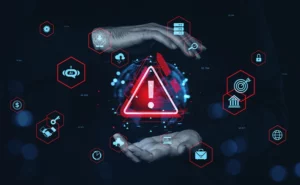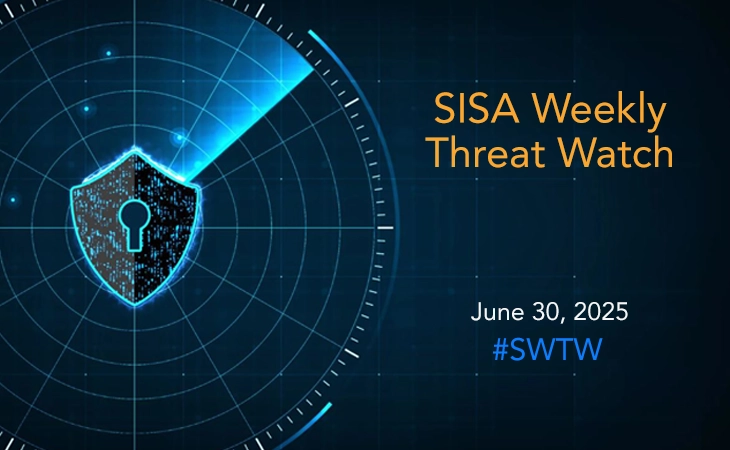

7 Ways Payment Security Training Empowers Businesses for Success
Discover the transformative power of payment security training in enhancing business success, reducing risk, and building customer trust in the digital age.
In today’s digital era, where technology, consumer expectations, and financial services intersect, the shift towards digital payments is undeniable. This transformation, while driving growth, introduces a spectrum of risks. Recent statistics reveal a concerning trend: the payments sector faced 400 security breaches last year, with each incident costing organizations an average of $5.97 million—far surpassing the global average. This alarming figure underscores the critical need for stringent payment security measures. Below, we delve into seven ways payment security training not only addresses these challenges but also sets businesses on a path to enduring success.
1. Elevating security standards
In the dynamic realm of digital payments, robust security protocols are non-negotiable. Payment security training stands at the forefront of this battle, arming professionals with the tools and knowledge to safeguard the digital payment ecosystem effectively. This enhanced security posture is vital in repelling the ever-evolving cyber threats, ensuring that businesses remain resilient against attacks.
2. Mitigating risks and reducing liability
As cyber threats escalate, so does the risk of data breaches. Payment security training is instrumental in reducing these risks by equipping professionals with cutting-edge knowledge and skills. This proactive approach minimizes potential liabilities, securing not only the business’s digital assets but also its reputation.
3. Bolstering customer confidence
Trust is the cornerstone of customer loyalty. By prioritizing payment security training, businesses signal their unwavering commitment to data protection. This dedication to security fosters a trustworthy transaction environment, encouraging long-term customer loyalty and reinforcing the brand’s integrity.
4. Enhancing cost-efficiency through risk prevention
Cybersecurity incidents carry hefty financial consequences. Through effective training programs, businesses can preemptively address potential vulnerabilities, averting financial losses and ensuring cost-efficiency. This strategic investment in training paves the way for a secure, prosperous future.
5. Ensuring compliance and avoiding penalties
The digital payment landscape is governed by stringent regulations. Payment security training ensures that businesses stay abreast of these requirements, maintaining compliance and avoiding costly penalties. This adherence to legal standards not only protects the business but also reinforces its credibility in the industry.
6. Gaining a competitive edge
In the competitive digital payments arena, industry certifications in payment security serve as a mark of excellence. Businesses that invest in certified training for their professionals distinguish themselves, gaining a competitive advantage and earning industry-wide recognition for their commitment to security.
7. Cultivating a security-conscious culture
A well-informed workforce is the foundation of a security-conscious organizational culture. Payment security training initiatives encourage a proactive stance towards threat identification and mitigation, instilling a sense of vigilance among employees. This culture of security is invaluable in maintaining a secure operational environment.
Spotlight on SISA Institute
SISA Institute shines as a leader in payment security training. With ANAB-accredited certifications like CPISI, CPISI-Advanced, and CPISI-Developers, SISA sets the gold standard in Payment Data Security Implementation Programs. Our programs are designed to empower professionals to navigate the complexities of cybersecurity, offering flexible learning options (hybrid, public workshops, or in-house training) to suit various needs. SISA’s commitment to excellence in training, global impact, and continuous program refinement is a testament to their role in shaping the future of payment security.
To conclude, embracing payment security training is more than a necessity—it’s a strategic investment in the future. In an era marked by rapid digital transformation and emerging threats, such training not only fortifies businesses against cyber risks but also enhances customer trust and secures a competitive position in the market. By prioritizing payment security education, businesses can navigate the digital landscape with confidence, ensuring their growth and resilience for years to come.
Latest
Blogs
Whitepapers
Threat-a-Licious
Customer Success Stories

SISA is a Leader in Cybersecurity Solutions for the Digital Payment Industry. As a Global Payment Forensic Investigator of the PCI Security Standards Council, we leverage forensics insights into preventive, detective, and corrective security solutions, protecting 1,000+ organizations across 40+ countries from evolving cyberthreats.
Our suite of solutions from AI-driven compliance, advanced security testing, agentic detection/ response and learner focused-training has been honored with prestigious awards, including from Financial Express, DSCI-NASSCOM and The Economic Times.
With commitment to innovation, and pioneering advancements in Quantum Security, Hardware Security, and Cybersecurity for AI, SISA is shaping the future of cybersecurity through cutting-edge forensics research.
Company
Resources
Quick Links
Copyright © 2025 SISA. All Rights Reserved.
 USA
USA India
India APAC
APAC Middle East
Middle East Global
Global





 Facebook
Facebook Linkedin
Linkedin  X
X Youtube
Youtube





